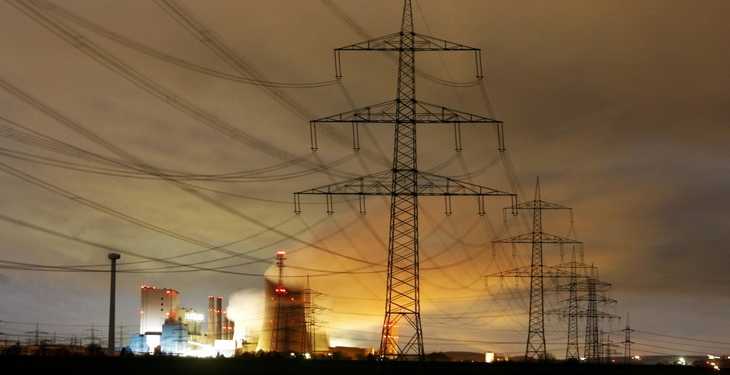The Association of Electricity Suppliers from Romania – AFEER noted the amendments to the Law 123/2012 – Law for electricity and natural gas adopted by the Parliament. Although the Presidency has asked for the review of the amendments, they were readopted by the Parliament, almost identical to the original version, ignoring signals from AFEER and the authorities.
We appreciate that once implemented the new amendments can create prerequisites for abusive or erroneous interpretation and application. We express our surprise at the manner in which it was decided to approve certain amendments which – in our opinion – can cause controversy and create disturbances in the energy market. A valuable initiative of the Committee for Industries and Services of the Chamber of Deputies, to invite all the market players for consultation on the amendments to the Law 123/2012, was abruptly stopped.
AFEER representatives participated actively in all consultations that were held in Parliament, came with their own amendments, ans still their proposals were not taken into consideration. Moreover, we found that, unexpectedly, some proposals were debated and approved, – which, according to media information came from a single company. These new rules may affect the activity of the electricity suppliers. In addition, only representatives of the same company were present in the debates on the review of the law. According to our information, no other market participant was invited.
The amendments to the Law 123/2012 (para. 3 of Art. 29) entitles producers to conclude agreements with other manufacturers, making an energy mix, in order to offer then the electricity on the domestic market or for export, but by respecting “art. 28 and other legal provisions in force”. It is noted that art. 28 of Law no. 123/2012, to which reference is made expressly, regulates the obligations of the electricity producers and letter c) of this paragraph provides their obligation to perform an offer that is “public and non-discriminatory across the competitive market for the entire available energy.” AFEER considers that between these two provisions of the law there is an obvious incompatibility, which will lead to misinterpretations and market failures.
Another amendment in the law tackles the disclosure of both the prices and the quantities established following the performed transactions in all centralized electricity markets, while for contracts on the regulated market or for export – the full disclosure, under the provision that they will be performed according to the ANRE regulations. We believe that the transmission of such information to OPCOM and then ordered to make them public is not legitimate, as these are transactions on other markets than those operated by OPCOM. The market participants already transmit to ANRE the information about the transactions under the REMIT regulation. Representatives AFEER point out that all agreements, especially with foreign partners on the basis of the supply standard contract, agreed at European level (EFET agreement – the European Federation of Energy Traders) contain confidentiality clauses and sanctions that lead to the termination of the agreement in case of violation of the contractual provisions.
“A vague wording is found in the text aimed at promoting the use of renewable energy sources, in the most efficient way so as to obtain the lowest possible price to the consumer. The market price is the one that gives the measure of efficiency and competitiveness, because each and every market participant has as its main objective to offer the lowest price, so an express provision to that effect has no obvious justification. Moreover, it creates premises for a potential abuse or misinterpretation,” said Ion Lungu, President of AFEER.
In regard with the introduction of the provision according to which Safety SEN is defined as “ensuring by the transmission and system operator the continuity in supply of joint production and ancillary services so that any exit from function of any energy capacity so that no consumers to be disconnected from the network”, we note that this is contrary to the European rules that a TSO (transmission system operator) is not entitled to engage in the generating electricity businesses.
The only modification required by the Presidency and endorsed by the Chamber of Deputies refers to maintaining the stocks. Now, the article states that manufacturers are obliged “to maintain a reserve of fuel at a sufficient level or, where appropriate, sufficient reserves of water to ensure the SEN safety (NB – the only modification operated by the Parliament to the initial version submitted to promulgation) and to fulfill the obligations of continuous production and supply of electricity, which is remunerated in accordance with the regulations”. AFEER notes that such a proposal is likely to generate higher prices to the final consumer, as the same activity is to be paid twice. Costs arising from this obligation are already included in the selling price of electricity charged by each producer.
AFEER promotes and calls out, once again, that the law for energy and natural gas has to be fair, to ensure fair competition, to re-enable all the market participants, not just the producers, to conclude bilateral agreements negotiated directly, to be compatible with regulations in most European countries. We also insist upon the necessity of adopting a comprehensive and clarifying secondary regulation, in order to answer the raised issues with justification and fairness.

